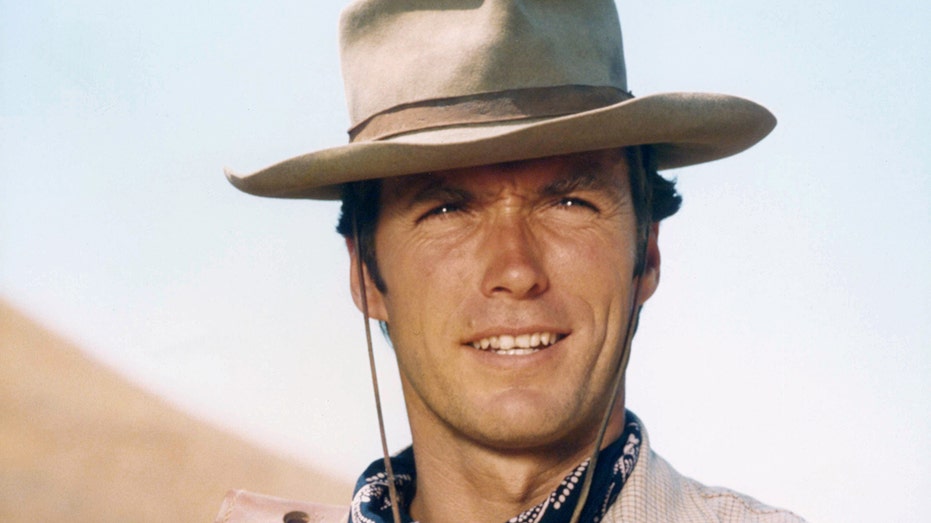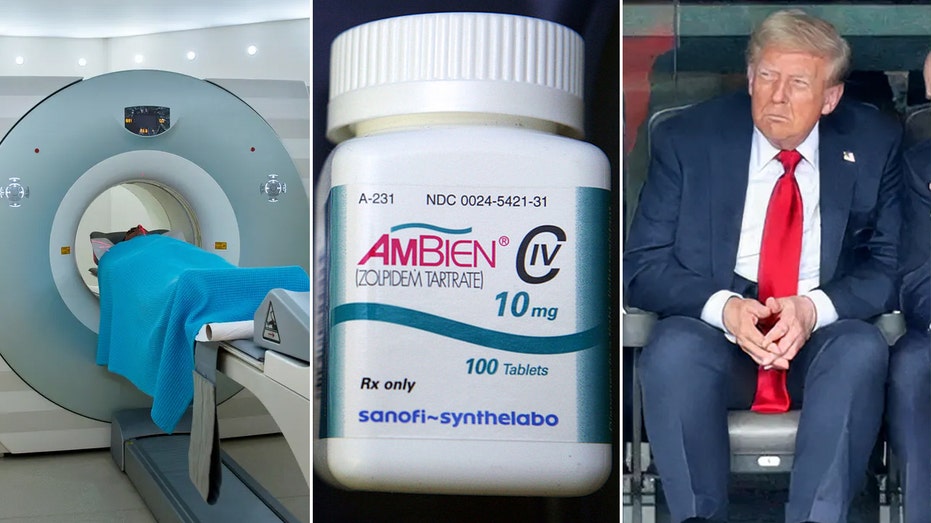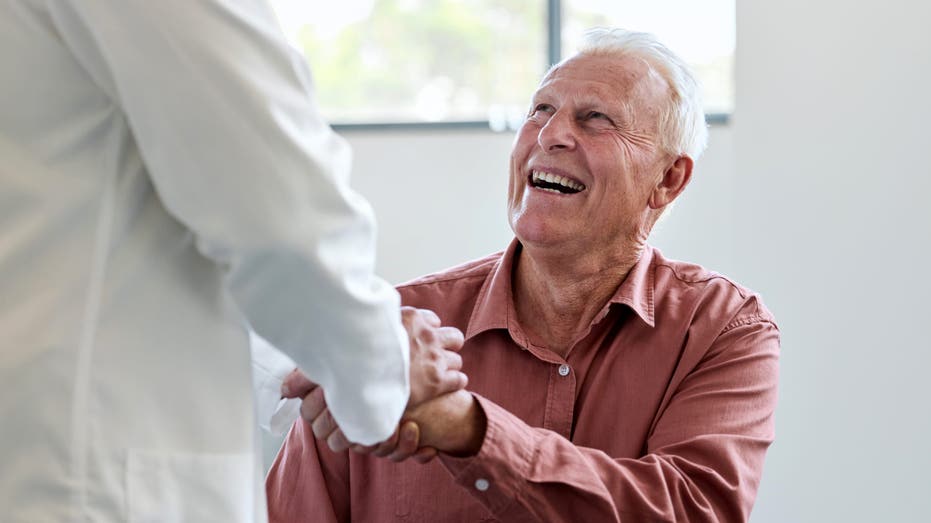COVID 5 Years Later: Impact on Healthcare

Sarah Johnson
April 4, 2025
Brief
The COVID-19 pandemic accelerated telemedicine's adoption, highlighted mental health challenges, worsened healthcare staffing shortages, and spurred medical innovation, leaving lasting impacts on the healthcare industry.
The COVID-19 pandemic may have officially entered the history books, but its impact on healthcare feels anything but ancient. One of the most striking changes has been the rise of telemedicine, a tool that went from niche to necessity practically overnight. According to Dr. Michael Aziz, an Attending Physician at New York's Lenox Hill Hospital, "Before the pandemic, virtual care was available, but it was not widely used. Now telemedicine is mainstream." And he's not exaggerating—telemedicine usage spiked by a staggering 766% in just three months during the early days of the outbreak.
While the initial surge has tapered, telemedicine remains a lifeline for many, particularly people in rural areas or young professionals juggling busy schedules. But it’s not all smooth sailing. Dr. Aziz highlights persistent barriers like costs, insurance coverage gaps, and challenges for senior citizens navigating the tech. "The government has put so many roadblocks for patients to use that," he explains. "There's a cost associated with that. It's not covered by many insurance." If the bureaucratic red tape doesn’t get you, navigating Zoom calls with grandma might.
Still, telemedicine has proven invaluable for certain fields, particularly mental health services. Psychiatrist Dr. Chris Ivany, COO of Family Care Center, notes how the pandemic shone a harsh light on America's mental health struggles. "I think it's clear to say that the pandemic certainly had an immediate and negative effect on many Americans' mental health," he says. A Gallup poll backs him up, showing 18- to 49-year-olds reporting a steep decline in mental health since 2020, with spikes in depression, anxiety, and isolation.
Dr. Ivany believes the crisis has made it easier for Americans to seek help, saying, "The stigma to seeking mental health care has definitely decreased over the course of the past five or so years... Mental health care is now recognized as part of overall health care." He credits this shift to greater awareness and the industry's adaptability, like offering virtual therapy sessions. If anything good came from lockdowns, it might be the realization that we all need a little TLC for our minds.
Another less-talked-about pandemic legacy is the staffing crisis in healthcare. Dr. Aziz paints a sobering picture: "About 3,000 healthcare professionals have died and about 100,000 have retired or changed careers... Hospitals have a hard time not only hiring physicians and healthcare workers, but they have a hard time retaining them." It’s a reminder that the pandemic didn’t just strain the system—it cracked it.
Of course, telemedicine isn’t the only innovation to emerge. The rapid development of COVID-19 vaccines, advancements in testing, and widespread use of antigen tests have also transformed how we approach public health. While the pandemic may be over, its fingerprints are all over the healthcare industry, reshaping it in ways we’re still grappling with.
Topics
Editor's Comments
Telemedicine’s meteoric rise is fascinating, but the irony of making healthcare 'accessible' while leaving senior citizens and low-income patients struggling to afford or navigate it is hard to ignore. Can we call it progress if it leaves the most vulnerable out in the cold? Also, the mental health crisis spotlight feels overdue—let’s hope the newfound openness doesn’t fade like a pandemic trend.
Like this article? Share it with your friends!
If you find this article interesting, feel free to share it with your friends!
Thank you for your support! Sharing is the greatest encouragement for us.



